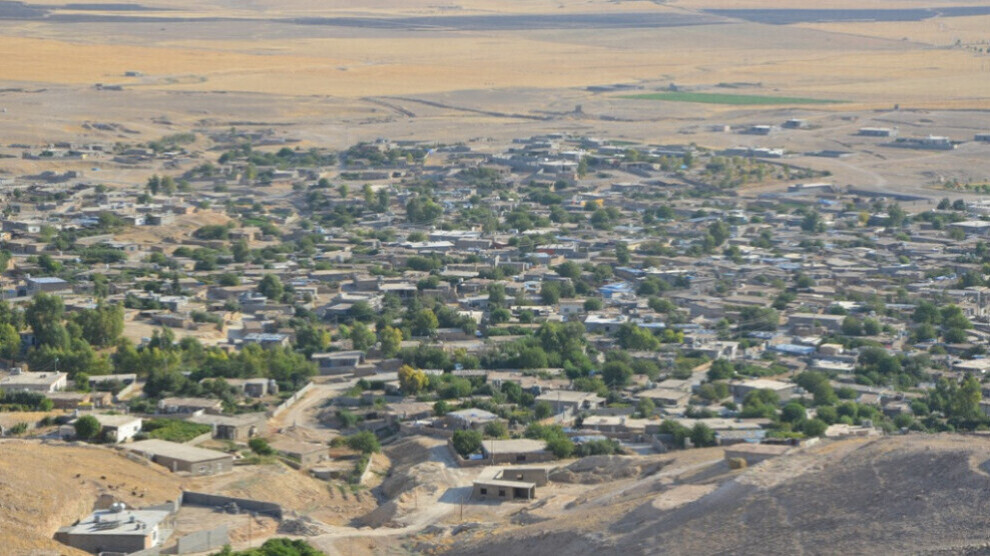Music for children in Maxmur
Fonti di Pace and the FLC CGIL union in Milan have financially supported a project for the purchase of musical instruments for the boys and girls in Maxmur camp.
Fonti di Pace and the FLC CGIL union in Milan have financially supported a project for the purchase of musical instruments for the boys and girls in Maxmur camp.

The Italian association Fonti di Pace together with the FLC CGIL union (Federation of Knowledge Workers) in Milan have financially supported a project for the purchase of musical instruments for the boys and girls in Maxmur camp.
The Kurdish people have represented a lot in the history of humanity, yet, over the last century, they have had to face genocides, as well as attacks on their cultural and linguistic traditions, the diaspora and the separation into different states. Because of this, the Kurds were divided into four states, their country divided and its people oppressed everywhere.
One of the most important places of this diaspora is the Maxmur refugee camp. The Kurdish refugees here began emigrating in the early nineties from North Kurdistan to South Kurdistan, as a response to the oppression of their country and villages.
In those years, as many as 4 thousand Kurdish villages were burned by the Turkish army. Tanks and air attacks were the daily reality and thousands of Kurds were forced to migrate to the outskirts of large cities, where mega shantytowns were built. This situation lasted for years and the Kurdish population was forced to emigrate several times due to war situations and violent repression.
The resistance of the Kurdish people also concerns the strenuous defense of their culture: they build their education in their Kurdish mother language, and their artistic works are written in Kurdish and the language is passed on from generation to generation. This has allowed the children and young people in the camp to make great progress, especially in the field of art.
The total number of students in the four primary schools, two middle schools and the high school inside the camp is 2092. There are 543 boys and 678 girls aged between 6 and 17.
Students love music, but they lack good quality musical instruments. Music, composed and played together, also becomes a great antidote to the culture of war and the pain of exile. Music is taught regularly at all levels, but lacks musical instruments and this undermines the teaching.
To make up for this shortage, musical instruments necessary for teaching in the 3 schools were purchased: baglama saz, guitar, transverse flute, drums, hand tambourines (erbane), small tambourines (darbuka).